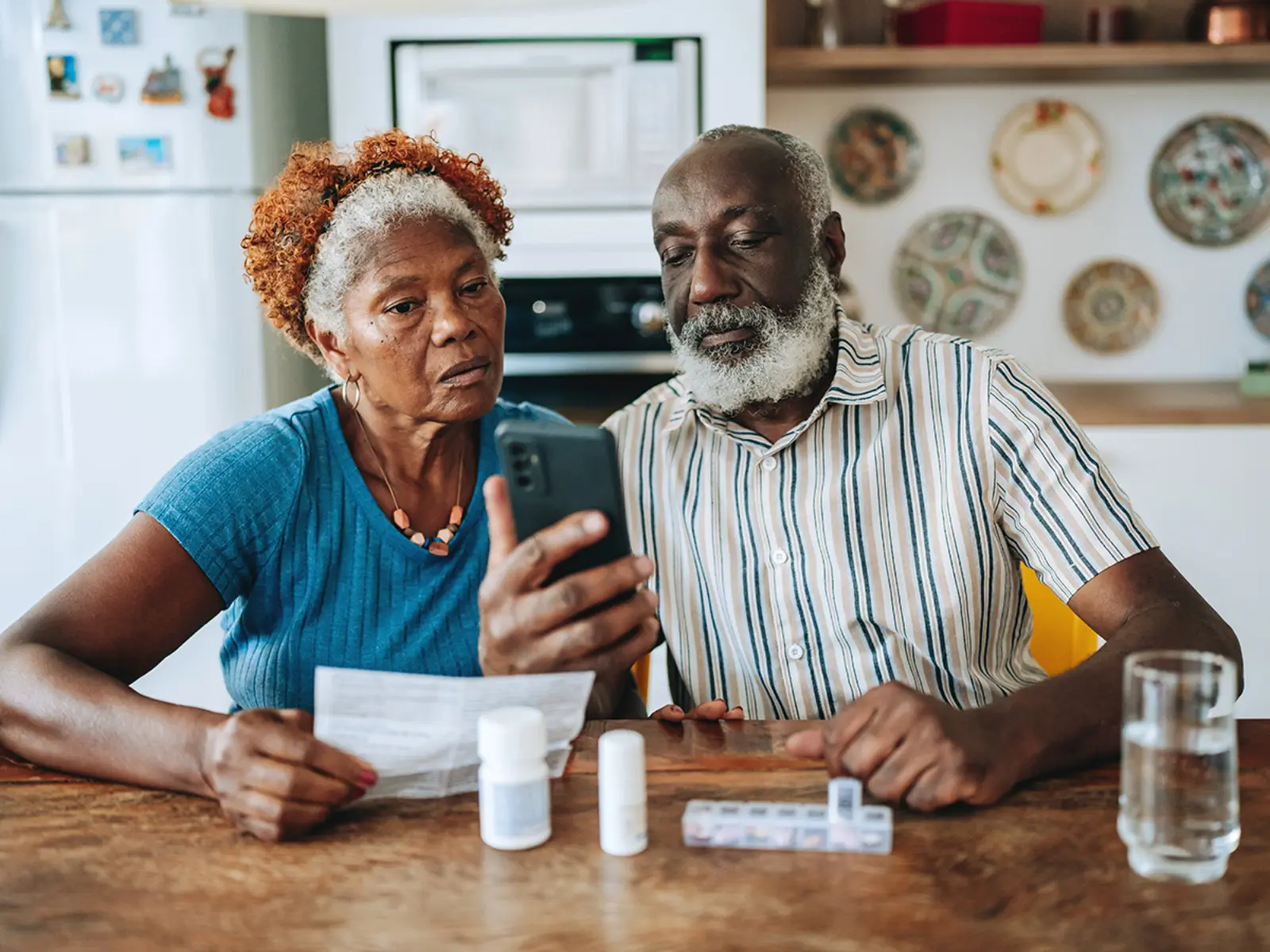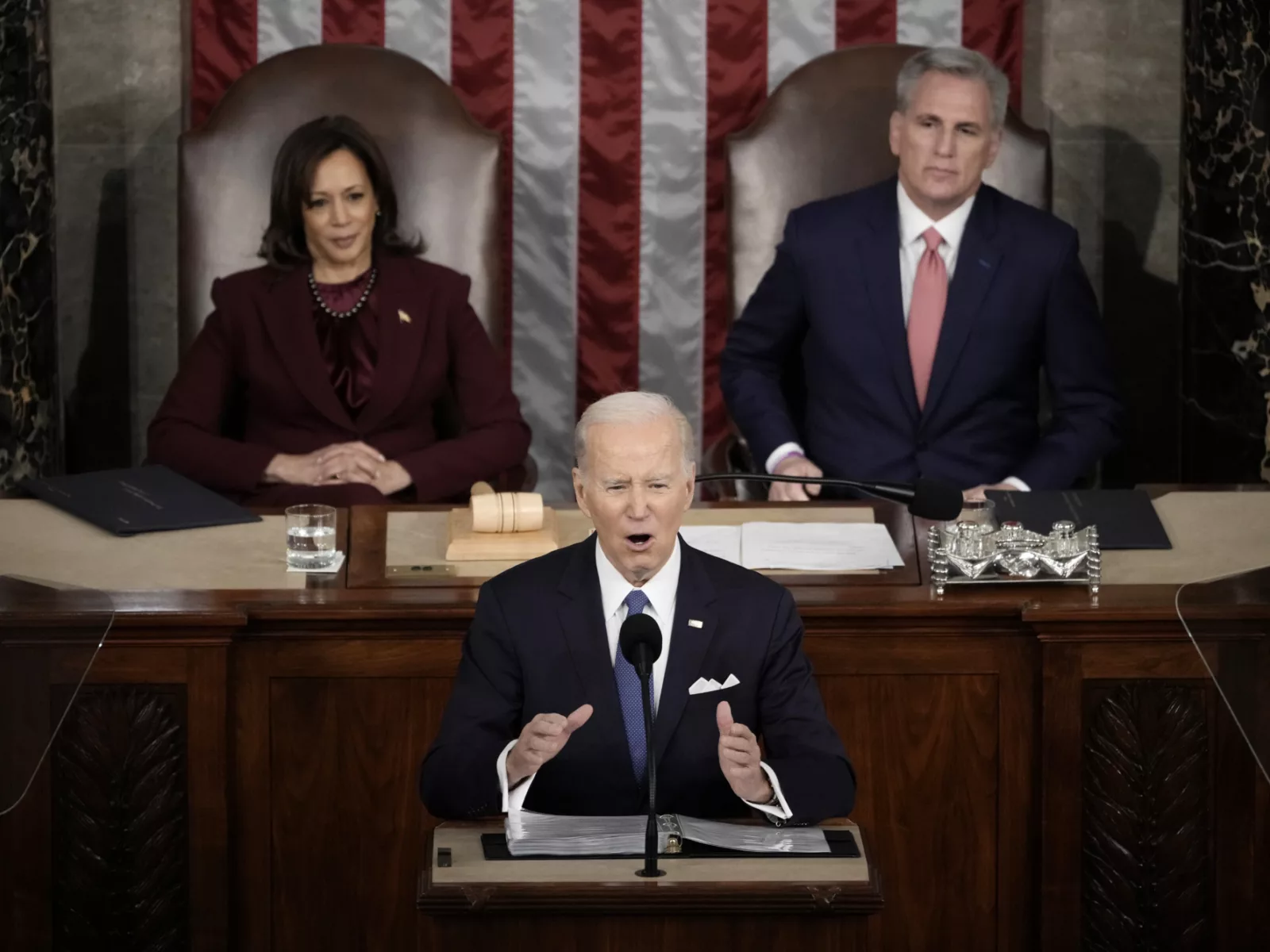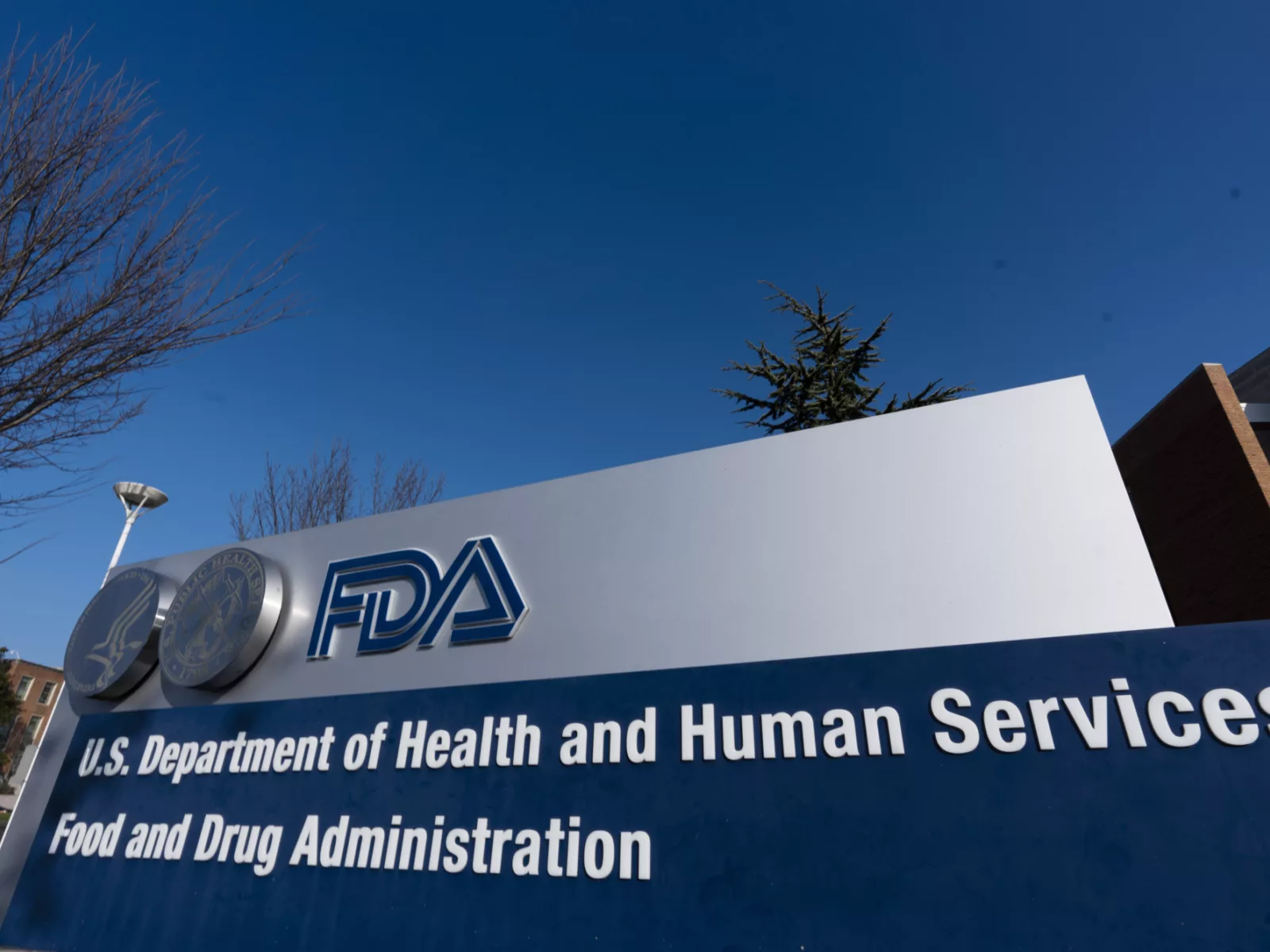Hepatitis C treatments are often far too expensive for any one state to afford, but an innovative approach has emerged to make curative hepatitis C (HCV) treatments accessible to people who need them. In 2018, the state of Louisiana, with support from Arnold Ventures, launched a subscription-based payment model — sometimes called the “Netflix model” — through which it pays drug companies a negotiated price with a single manufacturer in exchange for their agreement to offer a full course of medication for as many as 40,000 state residents on Medicaid and in correctional facilities. Health care policy experts believe this model could be brought to scale nationally.
The Issue
The Louisiana approach addresses a pervasive issue in the United States: Curative therapies are often priced out of reach for those who need them. A successful HCV therapy — which can cure the disease in just eight to 12 weeks — was first made available in 2014. Yet the HCV incidence rate increased 71% in the four years that followed. While most Americans have health insurance, the populations at greatest risk for the disease may lack access to the necessary care, with cost being a major barrier.
At launch, a full course of curative HCV treatment cost more than $80,000. Although prices have gone down, these drugs can still cost more than $20,000 per course of treatment. Because people living with chronic HCV are disproportionately covered by state Medicaid programs or living in correctional facilities, states are on the hook for the bulk of that cost.
Other countries — including the United Kingdom, Australia and Egypt — are well ahead of the United States in the race to eliminate HCV, in part because they can successfully negotiate a lower price for therapies than domestic payers can. Louisiana’s subscription model aims to make costs manageable for certain state payers. Other states have implemented similar solutions, including Washington and Michigan.
Results of the Subscription Model
As a result of Louisiana’s subscription model, more than 11,000 residents so far have accessed this life-saving medication at no out-of-pocket cost. That includes some 1,500 incarcerated people. Because the subscription model allows the state unrestricted access to the medication at one price, there will be no additional cost as thousands more people are treated.
The “Netflix Model” for payment can also be applied to other drugs, particularly those used to treat major public health crises where the volume of need is great but state budget constraints limit treatment access. HIV is one important example. With support from Arnold Ventures, Professor Joshua Sharfstein, of the Bloomberg School of Public Health at Johns Hopkins University, devised a proposal for an alternative financing and distribution model for PrEP, a drug used to prevent the virus.
A Plan to Go National
Implementing the Louisiana model on a national level could deliver life-saving treatment. President Biden, in his most recent budget, came out in favor of a five-year program that provides free HCV treatment to Medicaid enrollees, the uninsured, Native Americans, and incarcerated people.
If structured correctly many more people can get lifesaving care and the cost per cure drops significantly.Francis Collins former director with National Institute of Health
Duke University’s Margolis Center for Health Policy produced a report, with support from Arnold Ventures, discussing a coordinated national strategy to eliminate HCV under the proposal.
A recent essay at the New York Times by former National Institute of Health Director Francis Collins supports the idea of passing the budget proposal, suggesting that the federal government draw upon Louisiana’s successful experience of managing treatment costs. “If structured correctly,” he writes, “many more people can get lifesaving care and the cost per cure drops significantly.”



















